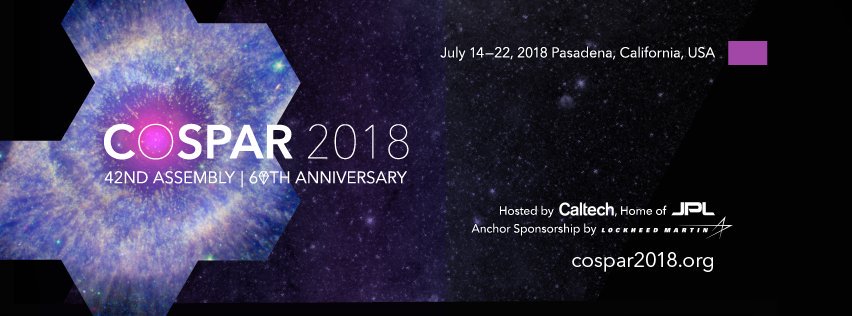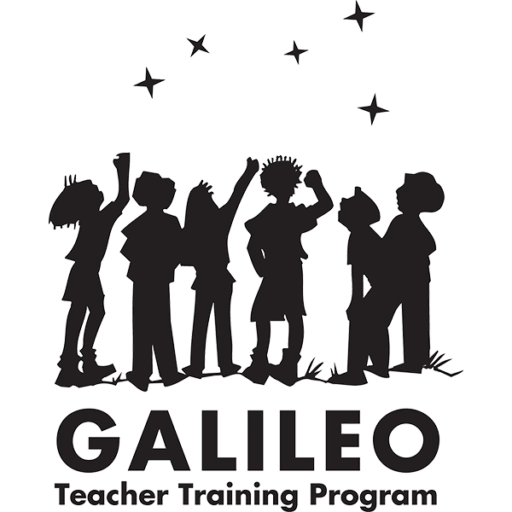Dates: 14-22 July 2018
Venue: Pasadena, California, USA

The 42nd COSPAR Scientific Assembly, COSPAR 2018, will be held in Pasadena, California and will mark the 60th anniversary of the formation of COSPAR itself. It will also mark the 60th anniversary of the launch of Explorer-1, built at the nearby Jet Propulsion Laboratory which is a division of the official host for COSPAR 2018, the California Institute of Technology. COSPAR membership today is comprised of forty-two national scientific institutions, thirteen international scientific unions, and many thousands of individual associate members. Pasadena’s location on the western edge of the Pacific Rim, near several international airports, makes it an especially convenient venue for scientists from North America, Asia and Europe. COSPAR 2018 is expected to attract well over 3,000 of the leading space scientists and space leaders from as many as seventy nations.
During the congress, a teacher training workshop will be held covering tools and repositories that bring real cutting edge science to the hands of educators and their students. Overview of workshop content:
Planetarium Software – Some tools tailored to prepare an observing session or to explore space mission’s results will be presented in this topic. Participants will also have the opportunity to learn how to plan an observing session. This reveals to be an excellent tool to teach about celestial movements and give students a sense of what it means to explore for instance the Solar System.
Robotic Telescopes – Having planned an observing session the participants will be introduced to the use of robotic telescopes, a very powerful tool that allows educators to address a diversity of topics ranging from ICT tools to the Exploration of our Universe. Instead of using traditional methods to teach about certain subjects for instance: stellar spectra, extra-solar planets of the classification of galaxies, they can use these powerful tools. Among other advantages a clear benefit of such tool is that teachers can use telescopes during regular classroom hours, provided they choose one located in the opposite part of the planet, where it is night time.
Image Processing – After acquiring the images participants will be introduced to Salsa J, an image processing software that allows educators to explore the potential of astronomical images. The first example will be a simple measurement task: measuring craters on the Moon. Further exploration will guide them from luminosity studies until the construction of colour images or movies exhibiting the circular motion of the Sun or Jupiter Moons dance around the planet.
Inquiry Based Learning – In the era of big data it is crucial to develop in students the capacity to creatively find solutions to a diversity of problems. In this session we will share with participants new models to engage students in the use of the scientific method while learning curriculum contents. Examples of cutting edge platforms embedding online labs and assessment tools will be explored.
The workshop will held from 18th to 20th of July 2018. If you are a teacher or an educator, we encourage you to apply using the below form. Small grants are available for selected participants. We encourage teachers from USA to apply. Please contact Thilina Heenatigala <heenatigala@nuclio.org>
